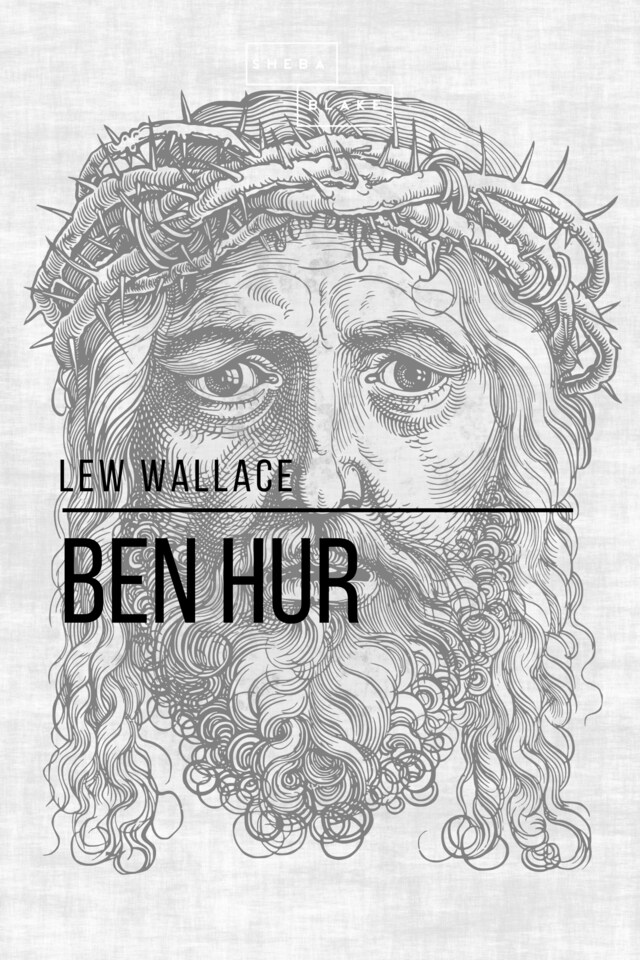
Ben Hur
Description of book
Ben-Hur is a novel by Lew Wallace, and considered "the most influential Christian book of the nineteenth century".
It became a best-selling American novel, surpassing Harriet Beecher Stowe's Uncle Tom's Cabin (1852) in sales. The book also inspired other novels with biblical settings and was adapted for the stage and motion picture productions. Ben-Hur remained at the top of the US all-time bestseller list until the publication of Margaret Mitchell's Gone with the Wind (1936). The 1959 MGM film adaptation of Ben-Hur was seen by tens of millions and won eleven Academy Awards in 1960, after which the book's sales increased and it surpassed Gone with the Wind. It was blessed by Pope Leo XIII, the first novel ever to receive such praise. The success of the novel and its stage and film adaptations also helped it to become a popular cultural icon that was used to promote numerous commercial products.
The story recounts in descriptive detail the adventures of Judah Ben-Hur, a Jewish prince from Jerusalem who is enslaved by the Romans at the beginning of the 1st century and becomes a charioteer and a Christian. Running in parallel with Judah's narrative is the unfolding story of Jesus, from the same region and around the same age. The novel reflects themes of betrayal, conviction, and redemption, with a revenge plot that leads to a story of love and compassion.
Ben-Hur is a story of a fictional hero named Judah Ben-Hur, a Jewish nobleman who was falsely accused of an attempted assassination and enslaved by the Romans. He becomes a successful charioteer. The story's revenge plot becomes a story of compassion and forgiveness.
 670 Pages
670 Pages